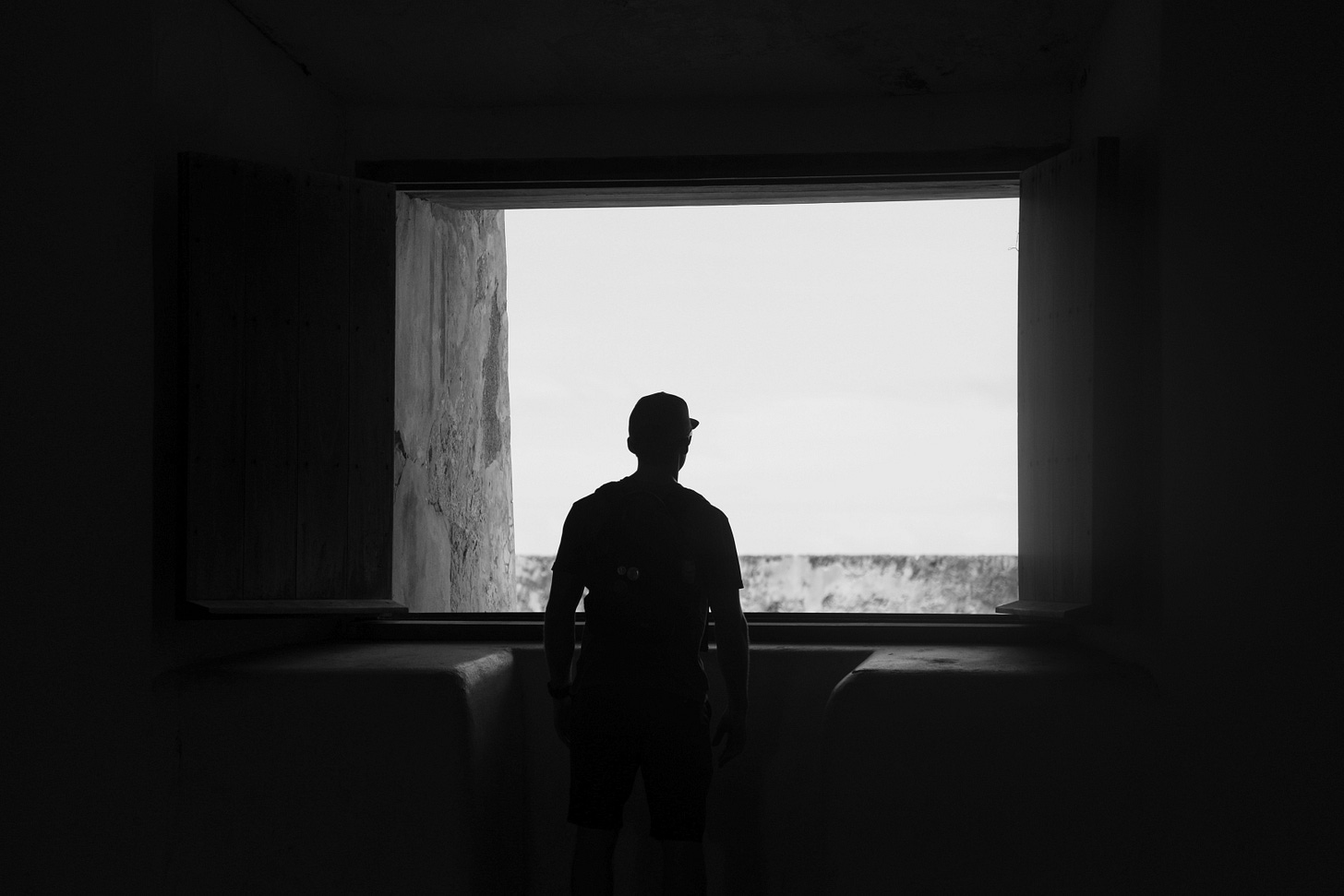“They have to want it.” As a recovering alcoholic and an addiction professional, I’ve heard this refrain more times than I care to consider. I used to say the words myself.
Conventional wisdom tells us that, for a person in active addiction to find recovery, he has to want it. It tells us that she could go to rehab, but unless she wants it, there is no reason to bother.

I’m here to tell you, it just isn’t true. A person can do something whether they want to do it or not.
I have been sober since 1996, but it is not because I stopped drinking.
I was stopped.
I had to be stopped.
I did not want to stop. Had my family waited for me to want to stop drinking, rather than getting me into a treatment program, chances are I would still be drinking.
There is a saying in recovery circles, “most of us don’t get better because we see the light, but because we feel the heat.” Here is the Reader’s Digest version of how that concept applies to my path to recovery.
I was a 23-year-old kid, working full-time and still living with my parents. I reached a point where if I was not working, I was drinking. At the time I was a union carpenter, and there were weeks when I had no work. I was trashed all the time.
I was lying in bed all day, ingesting dangerous amounts of alcohol. My parents got sick of it. My mom and my sisters began maneuvering to get me into a treatment program.
One afternoon, after checking to see if I was still alive, my youngest sister got scared and called an ambulance. Eventually, I went to the hospital.
The hospital staff recommended that my parents not take me home, warning that I might slip into an alcoholic coma.
My blood alcohol content was .39. They wanted to admit me. I refused to stay.
This was when my dad made what must have been one of the most difficult decisions of his life.
Ready to get home and drink some more, I walked out of the hospital with my parents and hopped into the back seat of the car. My dad got in and turned the ignition. He left the engine running, got out, and went back inside the hospital, where he called the police.
Moments later, two officers pulled up next to us in a squad car. They stepped out, and one of them knocked on the window for me to open the door. He told me to get out of the car, handcuffed me, and arrested me for public intoxication.
I spent the night in jail, but I yielded to my family’s pleas and accepted help. By the end of the next day, I was in treatment, and I have been sober ever since.
I didn’t want to stop drinking, but I was in a lot of pain. I wanted the pain to stop. I didn’t really want help. I certainly didn’t want to go to rehab. But, by this time, my dad made it perfectly clear that I could not stay in his house and continue to live that way. Whether I went to treatment or not, I would be leaving.
Furthermore, he told me that, by God, I had better get my shit together. He made it understood that there would be no leaving this program and coming home.
I didn’t see the light. I felt the heat.
One of the most important things I got from treatment was a vision for a better life. To use another of those sayings we hear in recovery, “I got sober because I wanted a better life. I stayed sober because I got one.” Once I got the help I needed, my life quickly started getting better. But I could not have wanted it without treatment. How can you want something you can’t even envision?
Here is the truth about recovery and wanting it. No one aspires to be an alcoholic or a drug addict.
Nobody ever wants it.
Nobody ever wants to get sober. Nobody wants to be the person who should.
Nobody ever wants to go to rehab. Nobody ever wants to be the person who needs it.
Nobody ever wants to go through any of this.
It sucks.
It is true that at some point, for a person to achieve long-term recovery, they must be internally motivated to do so. Sooner or later, it must come from within. But most of the time, people are not internally motivated in the beginning of the process.
It is unreasonable to expect the person who needs help to want it.
If I work in a treatment facility (as I have), it is my job to help the person in front of me begin to want it.
It is my job to help them see why they should want it.
If I have a family member who needs help, it would be great for them to want it. But it is not necessary.
I should not expect them to want it.
Especially in this day and age, with all the lethal drugs of abuse to be found on the streets, my job is to help them get help.
I definitely should not wait for them to want it.
If I am a counselor who has a client struggling to maintain abstinence, for me to explain it to their family by saying “he doesn’t want it,” or “she doesn’t want it badly enough,” is a total cop out.
If I’m getting paid to help someone get sober, that usually means doing whatever I can to convince them why they should want it.
If the best I can do is say “they don’t want it,” I should probably find a different line of work.
Finally, I’ll leave you with one more saying to put a bow on this. I may or may not have heard it in a church basement.






Wow Tom. Umm I can say big kudos for your dad!!! That must have been very hard for him as a parent. Dont mind me, Im a mom! Anyways, this was a great read, thank you!
Great post! I am a friend of Bill W., love your perspective!